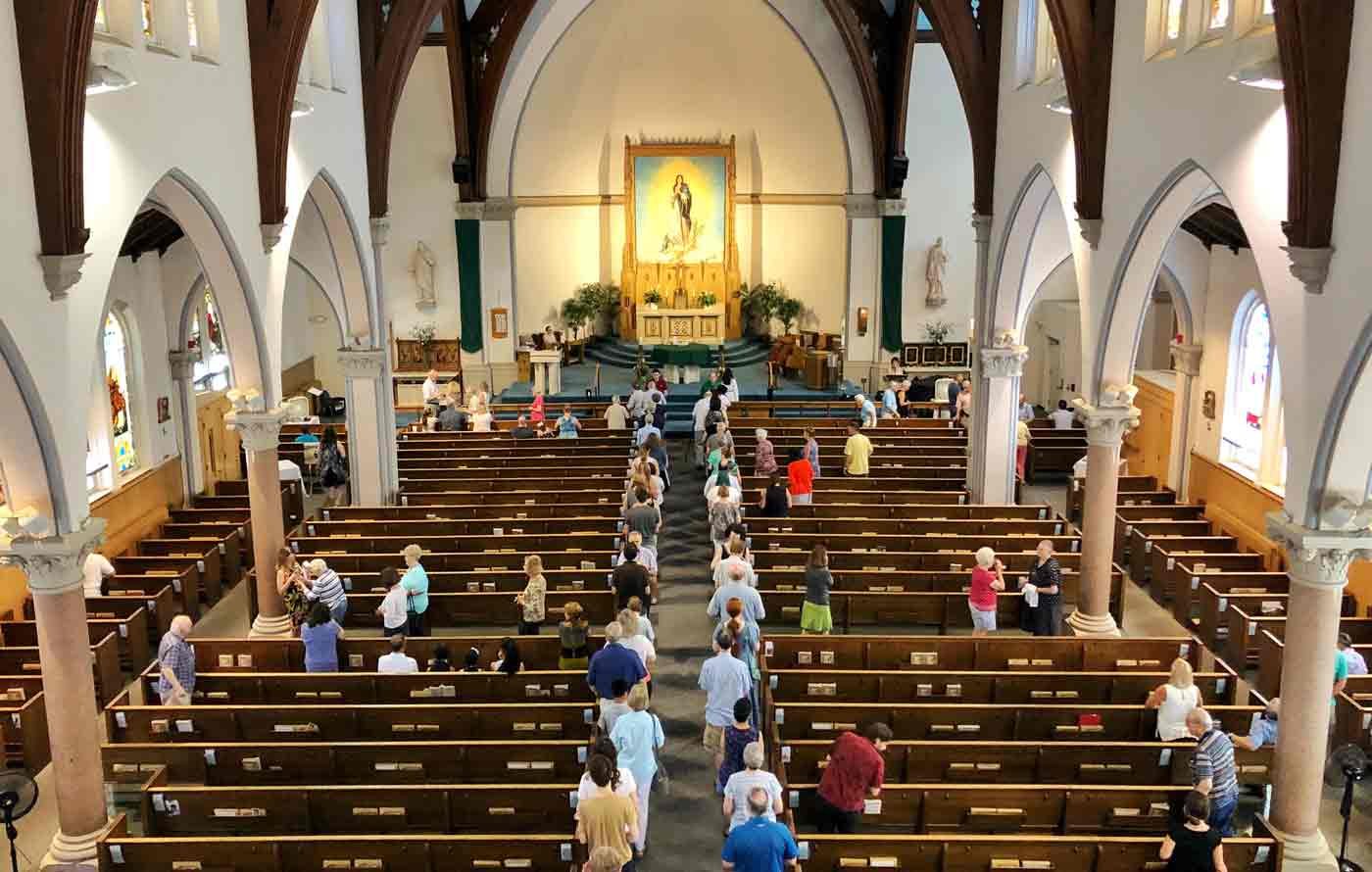Holy Days & Holidays: The Spiritual Connection Between Easter and Christmas
Every year, millions worldwide celebrate the two most cherished holidays in the Christian calendar—Christmas and Easter. These days are woven deeply into the tapestry of Christian faith, marking the birth, death, and resurrection of Jesus Christ. Though distinctly separate, Christmas and Easter together create a spiritual cycle, reminding Christians of God's enduring love and the profound narrative of redemption.
Christmas, celebrated on December 25th, commemorates the incarnation of Jesus Christ—the divine made flesh. It is a season of hope, reflecting the promise of salvation coming into the world in the humblest of forms—a child born in a stable in Bethlehem. The nativity symbolizes God's intimate approach to humanity, highlighting themes of humility, peace, and unconditional love.
On the other hand, Easter, observed in springtime, embodies the culmination of this divine promise. It commemorates Christ’s sacrificial death on Good Friday and His victorious resurrection on Easter Sunday. This pivotal event underscores the core Christian belief in the defeat of sin and death, offering humanity the hope of eternal life.
Together, Christmas and Easter form two essential halves of the Christian narrative. Christmas heralds the beginning of the earthly life of Christ, a time when humanity's longing for deliverance is answered through the arrival of the promised Messiah. Easter completes this narrative, celebrating the fulfillment of Christ’s earthly mission—salvation through sacrifice and resurrection. Without Easter, Christmas loses its ultimate meaning; without Christmas, Easter lacks its foundational miracle.
Historically, both holidays are deeply rooted in ancient traditions. Christmas, though initially overshadowed by Easter in the early Church, gradually became a significant celebration. Early Christians recognised the necessity of commemorating the divine mystery of God becoming human. By the fourth century, December 25th was officially adopted by the Church, aligning the celebration with existing winter solstice festivities, symbolically choosing the darkest season to celebrate the arrival of the divine light into the world.
Easter, however, was central from Christianity’s inception, as the Resurrection was the defining event that distinguished the early followers of Christ. It was observed with deep reverence, reflection, and joyous celebrations, marking the triumph of life over death, hope over despair. Its timing, coinciding with the Jewish Passover, further emphasised the continuity between the Old and New Testaments. Jesus's Last Supper was a Passover meal, embedding Easter within a long historical narrative of liberation and renewal.
Spiritually, Christmas and Easter are intertwined through powerful symbols that Christians reflect upon annually. The manger of Christmas and the cross of Easter stand as twin pillars of Christian faith—symbols of humility and sacrifice. Both holidays encourage believers to practice self-reflection, humility, generosity, and forgiveness.
For Christians, Advent and Lent, the preparatory seasons preceding Christmas and Easter, respectively, further unite these celebrations. Advent invites believers into a period of expectant waiting and preparation, recalling humanity’s anticipation of the Messiah. Lent, on the other hand, offers a time of penitence, sacrifice, and introspection, mirroring Christ’s forty days in the wilderness. Through these practices, believers spiritually journey through Christ’s life annually, allowing them to internalise and reflect deeply upon the meaning and implications of His birth and resurrection.
The theological connection between these two events is profound. Christmas asserts the truth of the incarnation. It underscores the concept of divine proximity, emphasising that God is not distant or indifferent but intimately engaged with human experience. Easter validates and completes this incarnation narrative. Christ’s resurrection confirms the divine nature of Jesus, substantiating His claims and teachings, and providing definitive proof of His victory over death and sin. Thus, Easter gives ultimate purpose to the incarnation celebrated at Christmas.
Moreover, these holidays complement each other by reinforcing key Christian values. At Christmas, the emphasis is on giving, generosity, and hospitality, inspired by God's gift of His Son. At Easter, the focus shifts to themes of sacrifice, forgiveness, renewal, and redemption, reflecting Christ's sacrificial death and triumphant resurrection. Together, they encourage a holistic Christian practice grounded in generosity, humility, sacrifice, and love.
Even culturally, Christmas and Easter have shaped the rhythm of Christian communities. The joyous celebrations at Christmas with carols, gift exchanges, and feasts embody warmth, community, and fellowship. Easter's traditions, from solemn Good Friday services to joyous Easter Sunday gatherings, reflect deeper spiritual introspection, rebirth, and renewal. The complementary emotional and spiritual tones of these holidays enrich the lives of believers, offering a balanced rhythm of joyous celebration and deep reflection throughout the Christian year.
In essence, the spiritual bond between Christmas and Easter exemplifies the profound depth of Christian theology. Christmas initiates the narrative of God entering human history, while Easter fulfills and transcends it, providing the ultimate act of divine love. As believers celebrate both holidays annually, they engage repeatedly with the full scope of God's redemptive story—a cycle of hope, promise, sacrifice, and renewal.
Therefore, the connection between these holy days is not merely chronological or liturgical but profoundly theological and existential. They form the very heart of the Christian faith, reminding believers year after year of the power and purpose of God's enduring love. As communities gather to celebrate these holidays, they affirm their shared faith and commitment to the core message of Christianity—the miraculous presence of God in the world through Jesus Christ, and His ultimate sacrifice and triumph.
Christmas and Easter, deeply interconnected spiritually and theologically, remind believers of the entire spectrum of the Christian narrative—from the hopeful anticipation of the incarnation to the joyous triumph of the resurrection. Together, these holy days inspire Christians around the globe, offering an annual rhythm of reflection, celebration, and spiritual renewal. For communities passionate about Christmas, recognising this profound connection with Easter enriches their celebrations, deepening their appreciation of both holidays and reinforcing the transformative power of faith in their lives.





